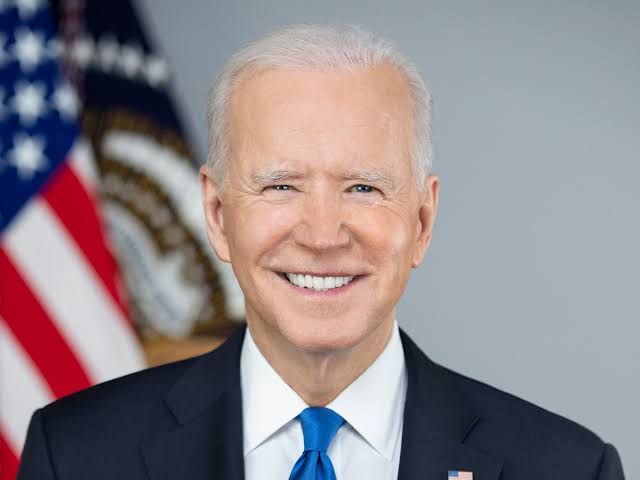Group of U.S. experts advocating for a hardline in relations with Russia, called on National Security Adviser Jake Sullivan to add weapons to Kiev amid alleged Russia’s military build-up near Ukraine.
Axios news outlet on Monday reported that Sullivan held a video-conference with Russia experts on Jan. 3 ahead of the upcoming diplomatic meetings with Russian officials.
The group of experts included those who worked under the administration of former U.S. President Donald Trump.
Former U.S. Ambassador to Russia Michael McFaul told the newspaper that “it is always smart to engage with outsiders. There’s never a downside. Jake is not afraid to interact with specialists, including those who may disagree with him.’’
However, McFaul did not confirm the fact that the conference had taken place or that he had participated in it.
The media said U.S. high-ranking officials announced that Washington was ready to discuss on a reciprocal basis some aspects of Russia’s concern.
In particular, the issues include new restrictions on the number of missiles and military exercises in Europe.
At the same time, the officials reportedly denied recent media reports that Washington was considering reducing its presence in Europe.
According to the newspaper, they also said that no firm commitments would be made during the upcoming negotiations with Russia.
“We know part of the Russian strategy is to try to divide us from our transatlantic allies and partners and sow discord and doubt about how we’ll engage as talks are underway. That dog won’t hunt,” Sullivan told Axios.
The conflict in eastern Ukraine and Moscow’s proposals on security guaranteed that Senior Russian and U.S. diplomats would meet in Geneva, on Monday for a strategic stability dialogue that would cover European security.
Following the U.S.-Russia talks, a Russia-NATO council would meet in Brussels and consultations with the Organisation for Security and Co-operation in Europe would take place in Vienna.
At the end of 2021, Russia presented NATO and the United State draft agreements on security guarantees, which included non-expansion of NATO eastwards.
